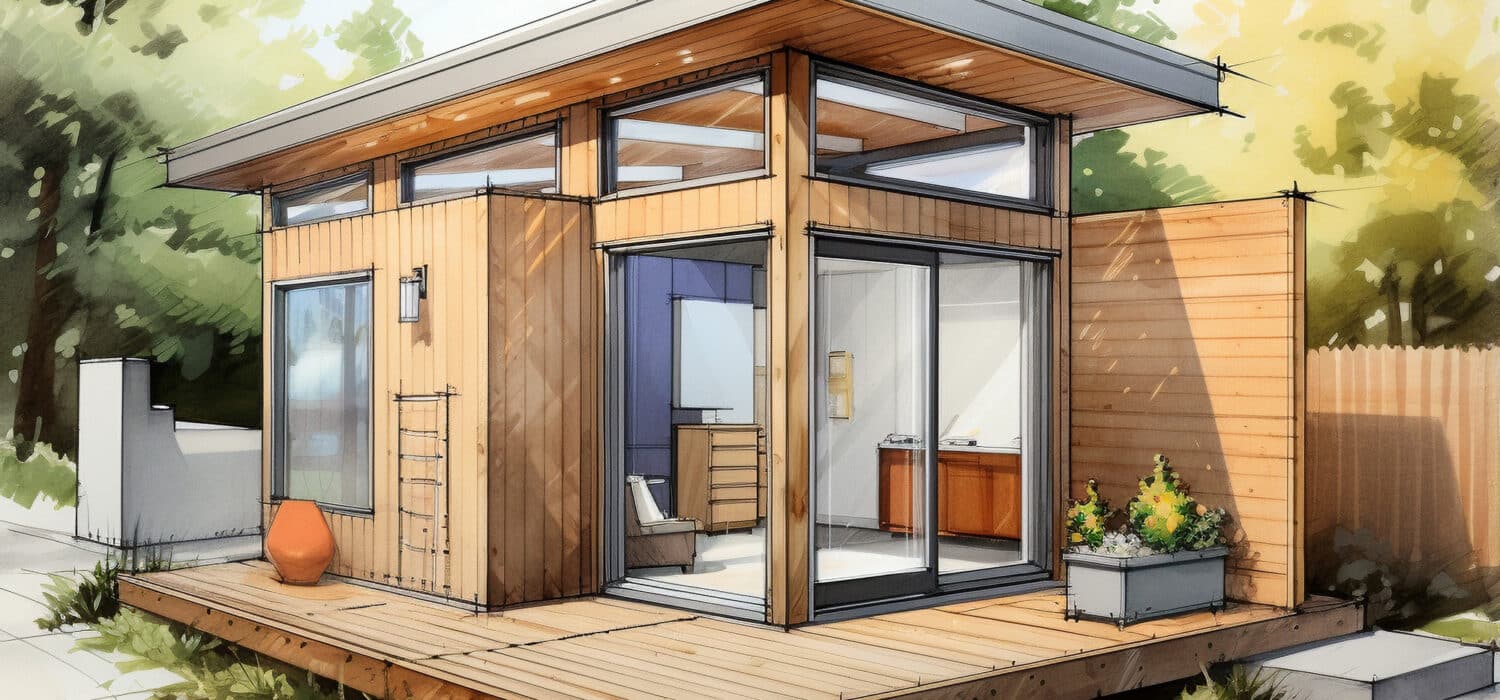In Build Baby Build, Bryan Caplan argues that deregulating housing production could solve, or at least aid, rising inequality and falling social mobility, Maxwell Tabarrok writes.
Caplan cites data from Peter Ganong and Daniel Shoag (2017) showing that housing costs now prevent lower-skill, poorer workers from moving to opportunity in the US.
In 1960, a low-skill worker could improve their net income after housing by 70%, on average, just by moving from a rural to an urban area. By 2010, doing that would cause their income to drop by 7%.
That’s not true for highly skilled workers, in part because their salaries have increased by so much more than low-skill workers.
Since 1950, the share of wealth from capital has grown relative to the share of wealth from income. What that means is that more and more, the rich are getting richer by owning things that are scarce relative to demand rather than working to innovate or produce new things.
Caplan looks to research from Matthew Rognlie to show that rising returns to housing wealth entirely explains this phenomenon. Rather than providing goods and services people want to get rich, wealthy people simply buy housing and then keep anyone from building any more of it where people want to live.
